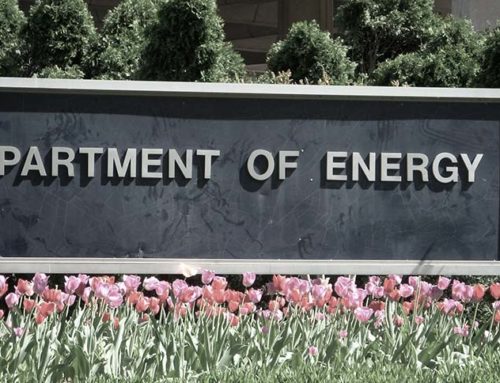One of the ways to tell if opposition to budget cuts is purely parochial is if the howls from a small set of complaining lawmakers is met with silence from other politicians.
In the case of the proposed closure of Joint Forces Command (JFCOM) in Norfolk, VA, the silence is deafening. While Virginia lawmakers hammered Defense Department money men during hearings on DOD’s recent efficiency initiatives before the House and Senate armed services committees last week, nary a peep was heard outside the delegation: SASC Ranking Member John McCain (R-AZ) even endorsed the plan.
Defense Secretary Robert Gates' announced his plans to close JFCOM last month as part of his efficiency reforms. Gates said the size of JFCOM—established in 1999 to facilitate joint effort by the military services—has doubled to more than 3,000 military and 3,000 civilian (mostly contractor) personnel without any change to the command’s mission. The Pentagon says JFCOM's annual budget of nearly $1 billion is no longer justified because the military has sufficiently absorbed such practices into its operations.
Virginia lawmakers immediately fired back, with Senators Jim Webb (D-VA) and Mark Warner (D-VA) pledging to introduce an amendment to the FY2012 defense authorization bill requiring the Secretary of Defense to provide justification to Congress before any action is taken, and Rep. Glenn Nye (D-VA) introduced a House bill imposing similar conditions. But their real complaint appears to center on DOD’s failure to give them a heads-up before the announcement.
While Webb scolded Deputy Secretary of Defense William Lynn for failing to provide analysis on whether the closure would impact the military’s war-fighting capability, they also chastised him for “stiff-arming” the delegation by notifying them of the recommendation only 15 minutes before the announcement. “The present lack of transparency and consultation, particularly with our delegation, stands in stark contrast to how these decisions traditionally are made,” said Webb.
Though we are all for transparency, Webb’s comment implies that DOD should seek buy-in from affected lawmakers before making cost-cutting decisions, which will never happen when a particular district is targeted. Lynn pointed out that the decision was made on the recommendation of military chiefs instructed to look for potential savings in the DOD budget. And it’s not as if those savings are going back to taxpayers anyway: Gates has assured Virginia lawmakers that JFCOM’s budget will go right back into DOD’s, most likely to shipbuilding programs that will benefit the same Hampton Roads area where JFCOM is located.
It’s notable that the JFCOM announcement was rolled in with Gates’ plan to cut $100 billion by increasing DOD efficiency, mostly through cutting overhead and instituting more acquisition reforms. While acquisition reforms—though important—do not project the kind of hard savings to budget around, steps such as closing a command or canceling a wasteful weapon system do. More of these hard choices must be made in order to save taxpayers’ shirts.
The pushback on JFCOM illustrates the obstacles that will meet such choices, however. It’s understandable that lawmakers want to protect jobs in their districts, but they must also keep in mind the fact that record budget deficits are pushing voters to demand more responsible government spending. And don’t forget that both the Chairman of the Joint Chiefs of Staff and the recent National Security Strategy say our national security is dependent on economic security.
JFCOM’s closure won’t be final without President Obama’s signature. He should listen to the silence in the rest of the country and back his SecDef on this one.










